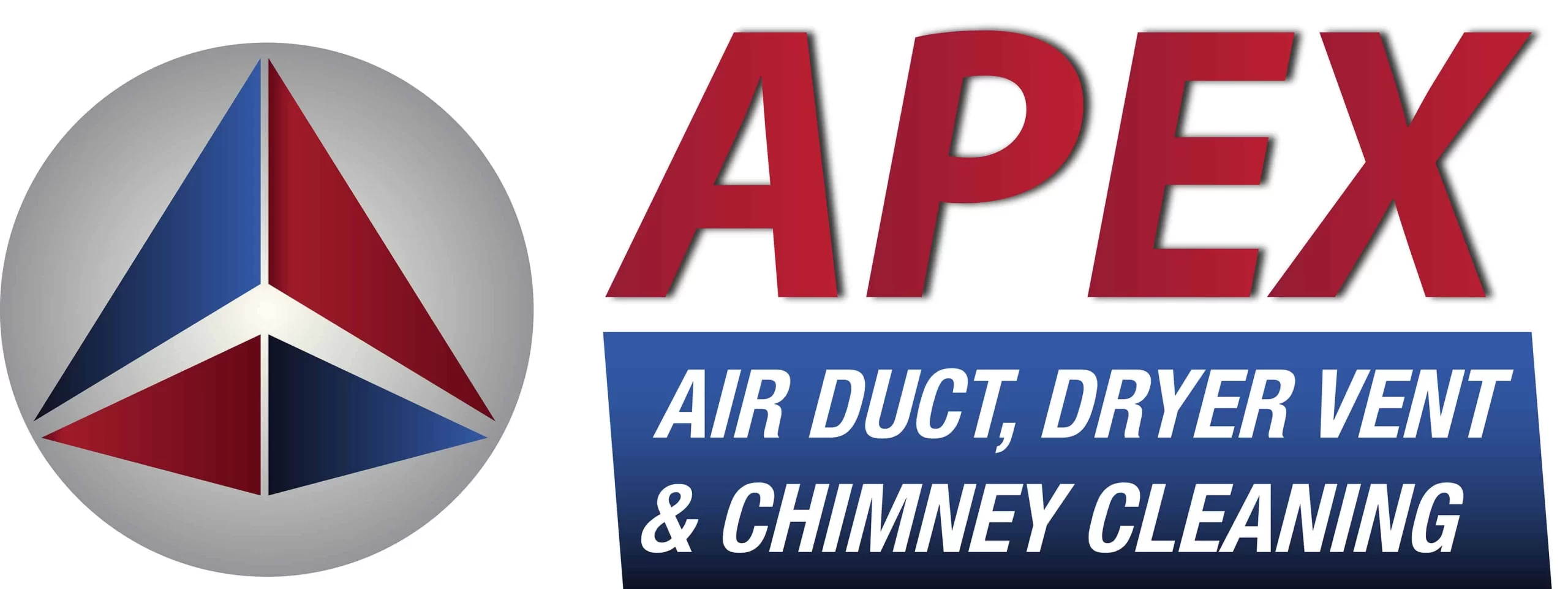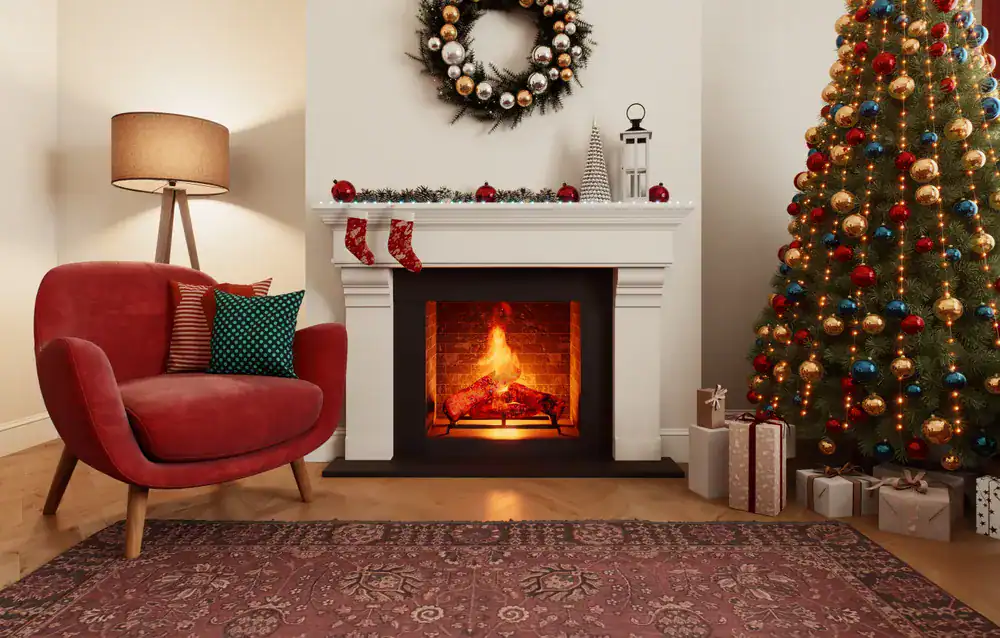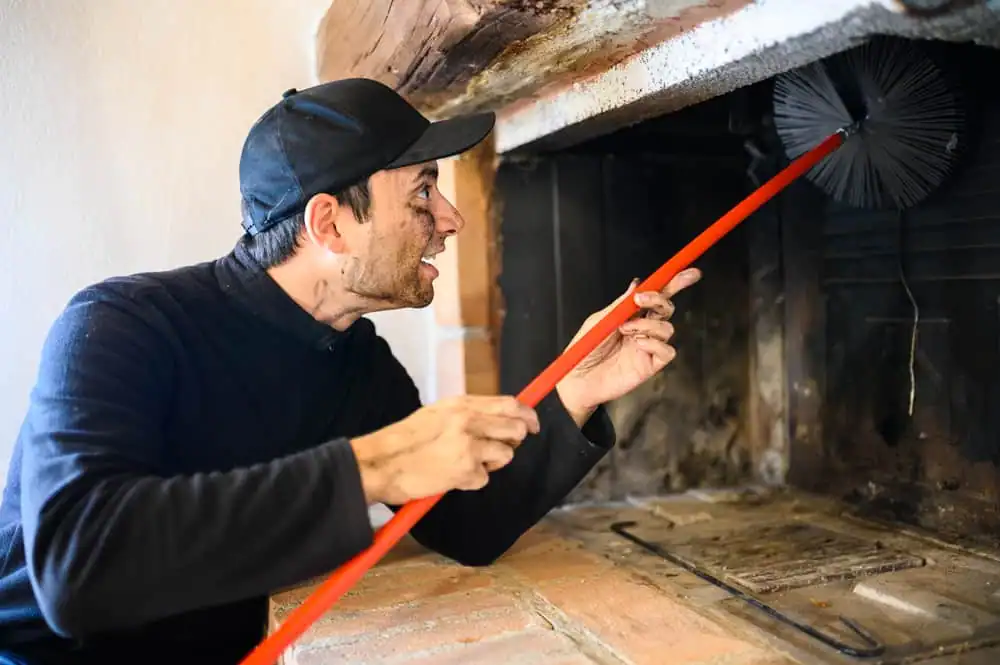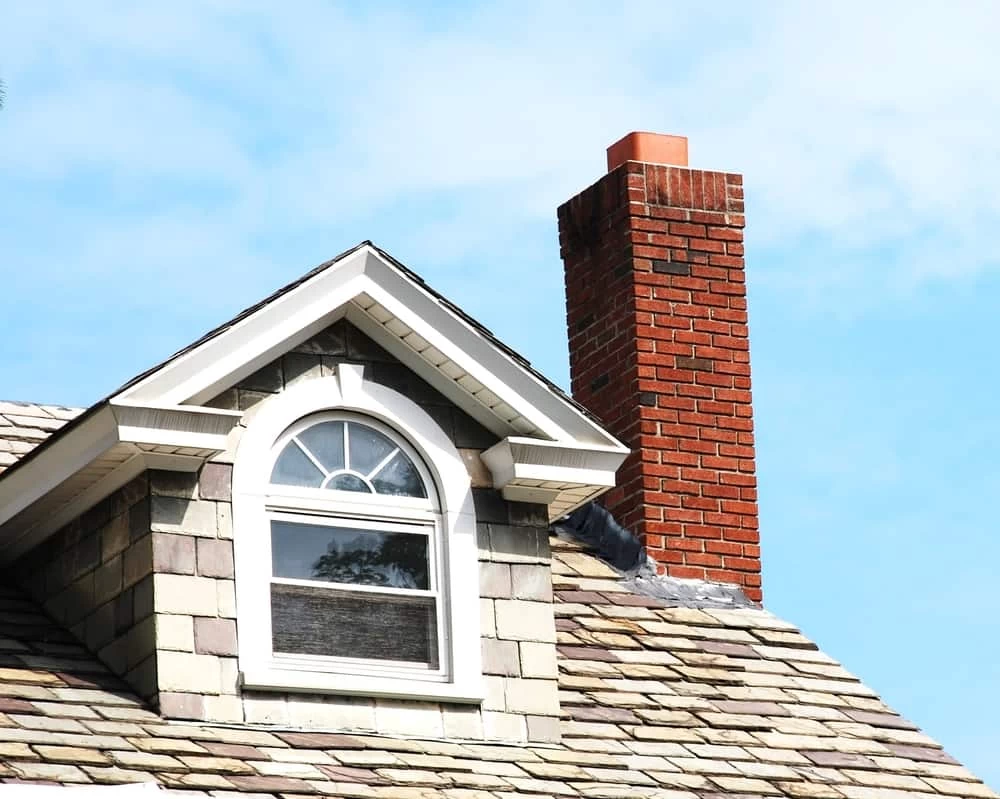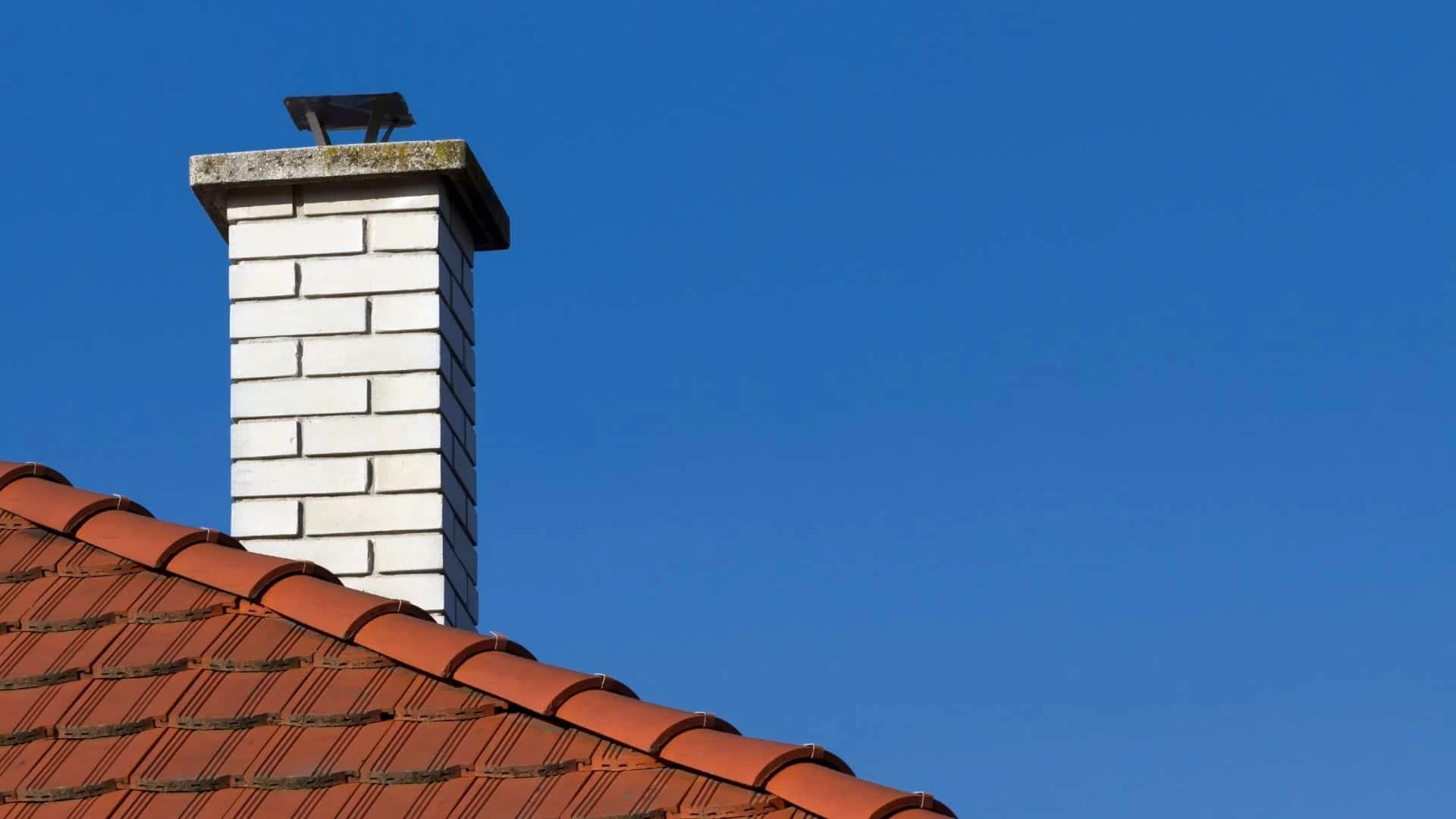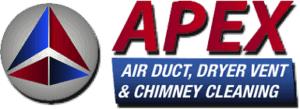Summary:
Why Winter Holidays Create Perfect Storm For Home Fires In New Jersey
The numbers don’t lie. Most dryer fires occur in the fall and winter months, with January being the peak month for these incidents. Your normal laundry routine explodes during holidays – guest bedding, extra towels, spilled-on outfits, and kids’ play clothes pile up fast.
Add your fireplace to the mix, and you’ve got two fire risks running simultaneously in your home. It’s not about being paranoid – it’s about being prepared when the stakes are highest.
Your Dryer Becomes A Fire Hazard When Guests Arrive
That lint screen you religiously clean? It’s only catching part of the problem. 15,000 clothes dryer fires each year are caused by insufficient air flow due to improper venting according to Consumer Product Safety Commission estimates. The rest of that lint travels through your vent system, building up for months.
Now imagine running three loads a day instead of your usual three loads a week. Your dryer starts working harder, running hotter, taking longer. Lack of airflow causes the dryer to run longer, hotter and eventually overheat. Once the dryer overheats, any lint that has built up inside of it will catch on fire.
Picture this: Christmas morning, house full of family, and you smell something burning. Your overworked dryer has just ignited months of lint buildup. Instead of opening presents, you’re evacuating everyone outside in December weather. This exact scenario plays out in New Jersey homes every winter.
The warning signs are there if you know what to look for. Clothes taking forever to dry, your dryer feeling like a furnace, burning smells when it’s running – these aren’t minor inconveniences. They’re emergency signals. Over time, your dryer vent can become clogged with lint, dust, and debris, leading to restricted airflow and a higher risk of fire. In New Jersey, where seasonal changes can increase laundry loads, this buildup can happen quickly. Regular dryer vent cleaning services are vital to maintaining your dryer’s performance and protecting your home.
Don’t wait until you’re doing holiday laundry to discover your dryer can’t handle the load. By then, you’re gambling with everyone’s safety.
Why Your Cozy Fireplace Could Become Deadly During Gatherings
Nothing says holiday gathering like a crackling fire. But that picture-perfect scene can turn deadly fast if your chimney isn’t properly maintained. Creosote buildup in chimneys can lead to chimney fires or flue blockages. During a chimney fire temperatures inside the chimney often exceed 2000 degrees and this can destroy your chimney and may set the house on fire. In the event of a flue blockage, which may be caused by creosote or other debris such as animal nesting, dangerous fumes (Carbon Monoxide) can be forced into your home.
Here’s what makes holiday chimney fires particularly terrifying – you’re not just risking your own family. You’ve got guests who trust that your home is safe. Kids playing nearby, elderly relatives relaxing in chairs close to the fireplace, everyone breathing the same air that could become contaminated with carbon monoxide.
Most New Jersey families fire up their chimneys after months of sitting idle. After the winter heating season, chimneys may have built up an accumulation of creosote, an extremely flammable substance lining the flue which is out of sight during the winter heating season. Spring is the perfect time to prepare for the following season by having it cleaned and inspected by a professional chimney sweep. But many homeowners don’t think about chimney maintenance until they’re ready to light that first holiday fire.
The signs of trouble aren’t always obvious. White staining on your chimney’s exterior, rust around the damper, strange odors when you open the flue – these are your chimney’s way of crying for help. Chimney fires account for millions of dollars in damage and increased insurance costs. More importantly, they account for injuries and deaths that could have been prevented.
Smart Holiday Hosts Get Professional Dryer Vent Cleaning Services
The smartest holiday hosts aren’t the ones with the fanciest decorations or most elaborate meals. They’re the ones who think ahead about safety. Professional dryer vent cleaning and chimney maintenance before guests arrive isn’t expensive insurance – it’s smart hosting.
NFPA (National Fire Protection Association) recommends everyone clean their chimneys at least once a year. Get your chimney, fireplace, and vents regularly checked to avoid any risks. If you use your fireplace in winter or on special occasions, you need to get it inspected once a year. The same logic applies to your dryer vent, especially before heavy holiday use.
Why DIY Cleaning Fails When Guest Safety Is On The Line
You’re already juggling holiday shopping, cooking prep, and house cleaning. The last thing you need is to spend your weekend wrestling with dryer vents and chimney brushes. But more importantly, DIY cleaning simply can’t match professional results when lives are at stake.
We bring equipment you don’t have access to. NADCA-certified technicians use high-powered vacuums and negative air machines to remove dust, allergens, and debris from your ductwork. We can spot problems you’d never notice – damaged connections, hidden blockages, structural issues that could fail under holiday stress.
For chimneys, the expertise gap is even wider. All of our technicians complete training programs accredited by the Chimney Safety Institute of America to become Certified Chimney Sweeps. We invest in the most powerful vacuum units, non-abrasive scrub brushes, high-reach rods, and state-of-the-art cameras to properly clean and inspect chimneys. We follow meticulous top-down cleaning methods and comprehensive inspection procedures developed through our decades of experience.
Think about what you’re really buying with professional service. You’re not just paying for cleaning – you’re paying for peace of mind. You’re buying the confidence to light that fireplace knowing it’s safe. You’re purchasing the ability to run load after load of laundry without wondering if this is the one that starts a fire.
When you’re hosting people you care about, cutting corners on safety isn’t worth the savings. Professional cleaning takes one major worry off your plate during an already stressful time. More importantly, it ensures that if something goes wrong, it won’t be because you skipped proper maintenance.
Perfect Timing For New Jersey Holiday Safety Preparation
Timing your safety maintenance right can save you money, stress, and potentially lives. The sweet spot for dryer vent cleaning and chimney service in New Jersey is October through early November – before you need these systems working overtime, but after the summer maintenance rush.
Early fall scheduling gives you several advantages. First, you beat the holiday panic calls. Come December, service companies are swamped with emergency calls from homeowners who waited too long. Second, you have time to address any problems discovered during cleaning without the pressure of guests arriving soon. Third, you can test your systems under normal conditions before putting them through holiday stress.
We recommend having your dryer vent cleaned every 2 years for safety. But if you regularly host guests or plan to increase your appliance use significantly, annual cleaning makes more sense. Think of it as holiday insurance that pays for itself in efficiency and safety.
New Jersey weather adds another layer to timing considerations. October and November give technicians safe access to your roof and exterior vents before winter weather complicates the job. Ice and snow can make chimney work dangerous and expensive, while frozen dryer vents become nearly impossible to clean properly.
Don’t wait for warning signs to schedule maintenance. The whole point of prevention is acting while everything seems fine. By the time you notice problems – clothes not drying, strange fireplace odors, longer drying times – you’re already in the danger zone.
Host With Confidence This Holiday Season In New Jersey
Holiday hosting should fill you with excitement, not anxiety about home safety. Professional dryer vent and chimney cleaning gives you something priceless – the confidence that your home can handle whatever the holidays throw at it.
When your dryer runs efficiently and your fireplace burns cleanly, you stop worrying about what could go wrong and start focusing on what’s going right. Your guests feel welcome in a safe environment, and you can actually enjoy your own party instead of listening for unusual sounds from the laundry room.
The small investment in professional maintenance pays huge dividends in peace of mind. Schedule your holiday safety preparation with Apex Air Duct Cleaning & Chimney Services now, and spend this holiday season making memories instead of managing emergencies.
